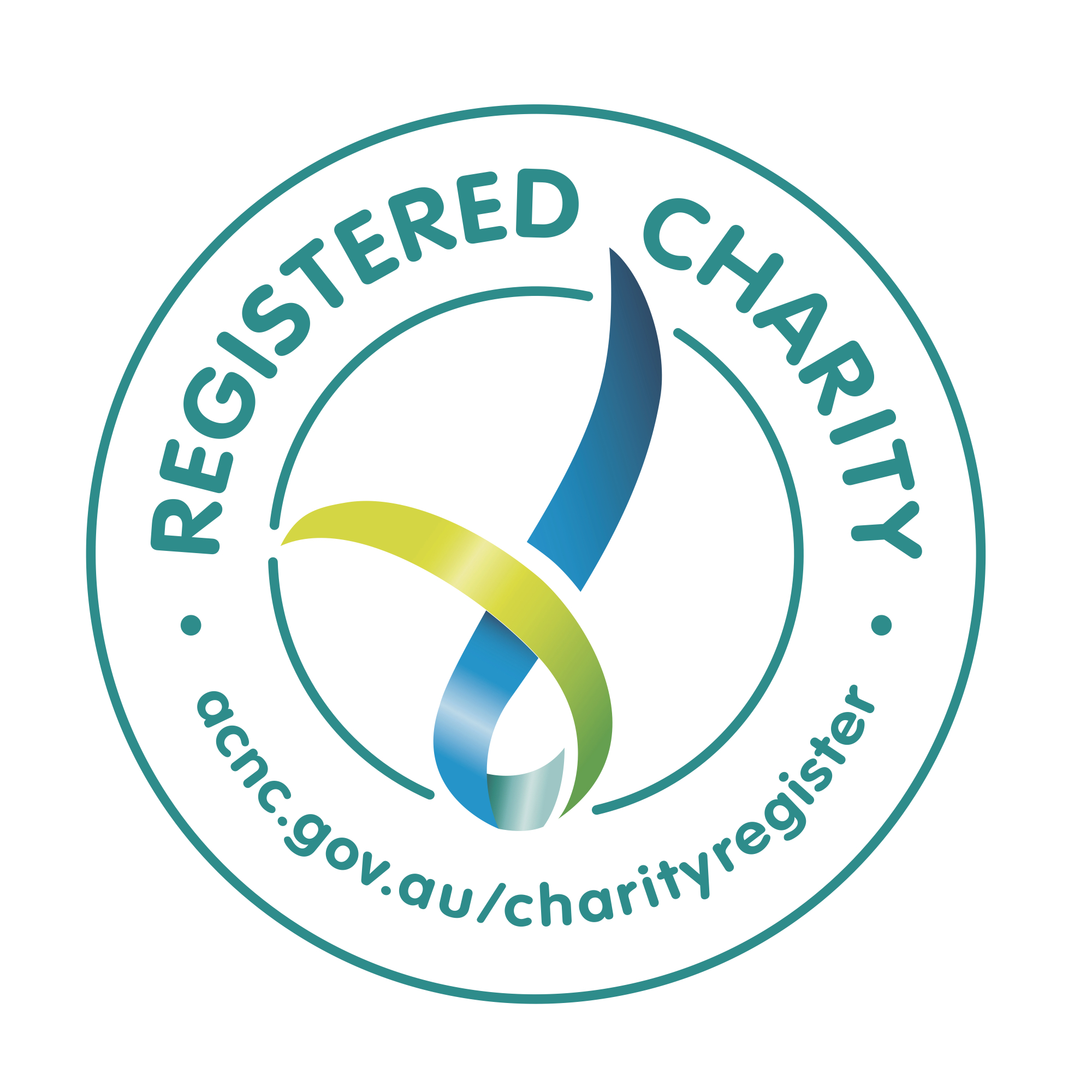“Generally the Pacific child/children are seen but not often heard.
So often children become the forgotten victims in domestic violence dialogue as ethical safeguards stop them from being included in the public narrative. It’s time we better understood their trauma grief by giving them their own voice.
Children exposed to domestic and family violence over a sustained period of time may experience trauma symptoms, including post- traumatic stress disorder (PTSD), resulting in psychosocial and sometimes physical responses that, if left untreated, can have long- lasting effects on children’s development, behaviour and wellbeing (Jaffe, Wolfe, & Campbell, 2012).
We as adults should provide the avenues for the child’s voice to be heard. If you’re a service provider, a community member, a priest, a big brother or sister etc. this is a message for you.
Let’s not use the system, customs and traditions as an excuse to further alienate our children. Provide them a conduit for their voices to be heard in dometic violence context and other avenues in our communities. It is their birth right to be heard, nurtured and supported.
As a Pacific women, Tongan to be specific, it is my role to nurture and suppport my children and part of that is to provide them a voice for their own narratives.
‘Ofa atu”
Seini Afeaki



































